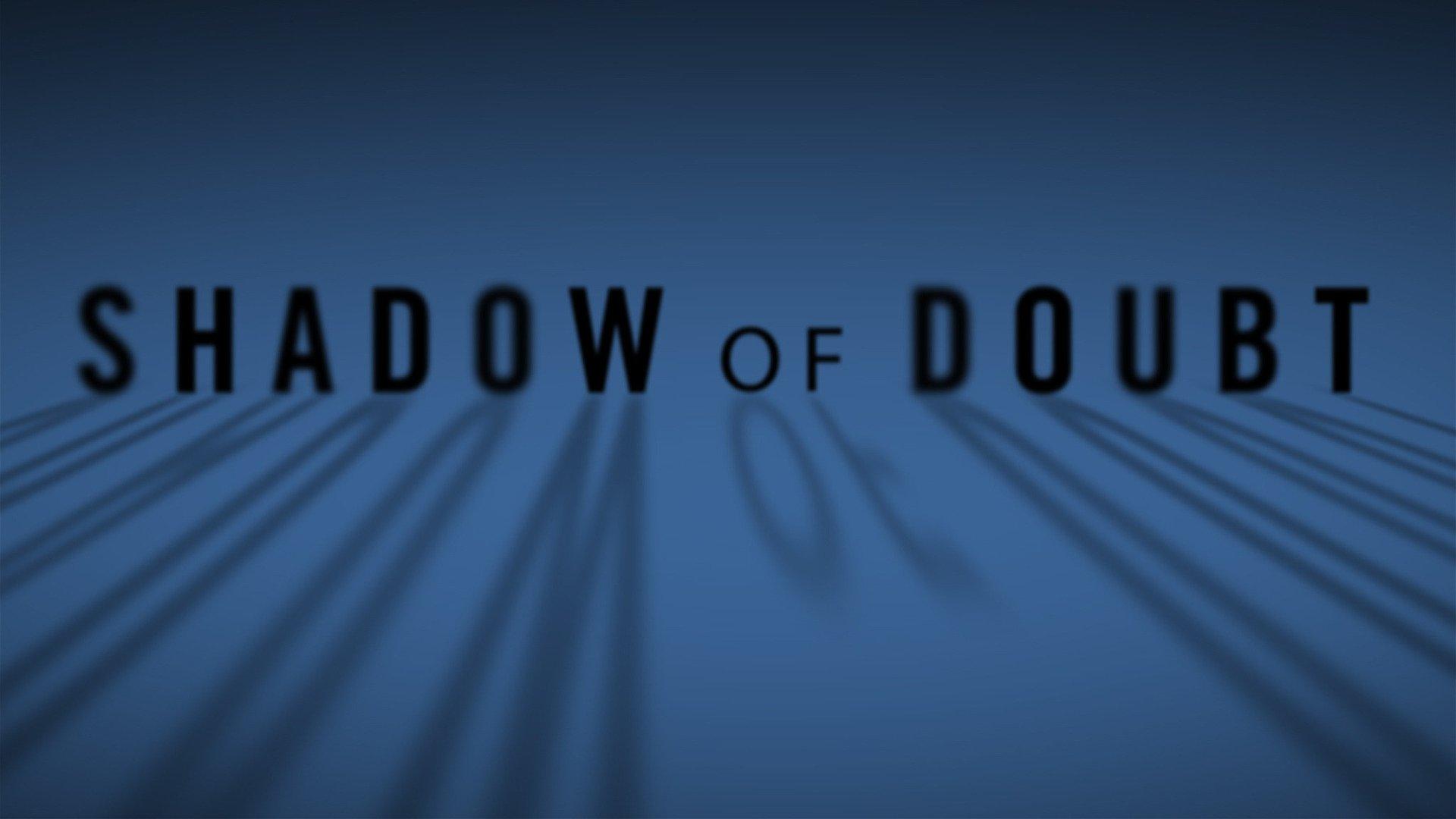

However, the English word continued to be pronounced without the b sound. Although the Middle English form of the word was spelled without a b, this letter was later introduced through the influence of the Latin words dubitāre and dubitō.

The verb is derived from Middle English douten ( “ to be in doubt, feel unsure to be afraid or worried to hesitate to be confused to have respect or reverence ” ), from Old French douter, doter, duter (compare Middle French doubter), from Latin dubitāre ( “ to hesitate ” ), the present active infinitive of dubitō ( “ to be uncertain, doubt to hesitate, waver in coming to an opinion to consider, ponder ” ) the further etymology is uncertain, but one theory is that dubitō may be derived from dubius ( “ fluctuating, wavering doubtful, dubious, uncertain ” ), from duhibius ( “ held as two ” ), from duo ( “ two ” ) (ultimately from Proto-Indo-European *dwóh₁ ( “ two ” )) + habeō ( “ to have, hold ” ) (possibly ultimately from Proto-Indo-European *gʰeh₁bʰ- ( “ to grab, take ” )).

No matter which phrase is used, each one implies a level of certainty that leaves no room for doubt or hesitation.WOTD – 15 March 2020 Etymology PIE word "Absolutely certain" and "unquestionably" are other options that convey unwavering confidence. "Beyond question" and "beyond dispute" both suggest a level of proof that cannot be contested or challenged. "Indisputably" and "undoubtedly" are also synonyms that indicate complete confidence in a statement or belief. "Without a doubt" is a popular alternative that is often used interchangeably with the original phrase. The phrase "beyond the shadow of a doubt" expresses absolute certainty, but there are several synonymous phrases that convey the same meaning.


 0 kommentar(er)
0 kommentar(er)
